Lifa Air - Air Duct Cleaning Equipment
1000000 INR/Unit
Product Details:
- Product Type Air Duct Cleaning Equipment
- Length 15 Meter (m)
- Color Gray & Green
- Usage Pipe inspection, Drain and sewer inspection, Duct Inspection.
- Weight 20 Kilograms (kg)
- Function Video recording, Picture capture, zoom, view content.
- Accuracy 100 %
- Click to View more
X
Lifa Air - Air Duct Cleaning Equipment Price And Quantity
- 1 Unit
- 1000000 INR/Unit
Lifa Air - Air Duct Cleaning Equipment Product Specifications
- Air Duct Cleaning Equipment
- 15 Meter (m)
- Pipe inspection, Drain and sewer inspection, Duct Inspection.
- 100 %
- 20 Kilograms (kg)
- Gray & Green
- Video recording, Picture capture, zoom, view content.
Lifa Air - Air Duct Cleaning Equipment Trade Information
- 1000 Unit Per Day
- 1 Week
Product Description
Lifa Air - Air duct cleaning equipment comes in various types and sizes, designed to effectively remove dust, debris, and contaminants from HVAC (Heating, Ventilation, and Air Conditioning) systems.
Applications of Air Duct Cleaning Equipment:
1. Improving Indoor Air Quality: Air ducts can accumulate dust, pollen, mold spores, and other allergens over time, which can be circulated throughout the building by the HVAC system. Regular cleaning with specialized equipment helps remove these contaminants, leading to cleaner indoor air and reducing the risk of respiratory problems and allergies for building occupants.
2. Preventing Health Risks: Dirty air ducts can harbor harmful bacteria, viruses, and fungi, which can pose health risks, especially for individuals with respiratory conditions or weakened immune systems. Cleaning the ductwork helps mitigate these risks by removing microbial contaminants and preventing their spread through the indoor air.
3. Enhancing HVAC System Efficiency: Accumulated dust and debris in air ducts can obstruct airflow and reduce the efficiency of HVAC systems, leading to increased energy consumption and higher utility bills. Cleaning the ductwork removes these obstructions, allowing the system to operate more efficiently and effectively.
4. Reducing Fire Hazards: In commercial and industrial settings, airborne particles such as dust, lint, and debris can accumulate in air ducts and pose a fire hazard if ignited by heat sources within the HVAC system. Regular cleaning helps reduce the buildup of combustible materials, lowering the risk of fire accidents.
5. Addressing Odor Issues: Foul odors in indoor spaces can often be attributed to the presence of mold, mildew, or other organic matter in the air ducts. Cleaning the ductwork helps eliminate these sources of odor, improving the overall comfort and cleanliness of the building environment.
6. Maintaining HVAC System Longevity: Clean air ducts contribute to the longevity and reliability of HVAC equipment by reducing strain on components such as fans, motors, and coils. By preventing excessive buildup of contaminants, air duct cleaning equipment helps prolong the lifespan of HVAC systems and reduces the need for costly repairs and replacements.
7. Complying with Regulatory Standards: In certain industries, compliance with regulatory standards and guidelines for indoor air quality and HVAC system maintenance is mandatory. Regular air duct cleaning using appropriate equipment helps businesses and facilities meet these requirements and ensures a safe and healthy environment for occupants.
Air Duct Cleaning Equipment FAQ:
Q. Why is air duct cleaning important?
Ans: Air duct cleaning is important for several reasons:
a. It improves indoor air quality by removing dust, debris, allergens, and contaminants from the HVAC system.
b. It helps prevent health issues associated with poor indoor air quality, such as allergies, respiratory problems, and infections.
c. It enhances the efficiency and longevity of HVAC systems by reducing airflow obstructions and strain on components.
d. It can help address odor issues and reduce the risk of fire hazards associated with accumulated debris in ductwork.
Q. How often should air ducts be cleaned?
Ans: The frequency of air duct cleaning depends on several factors, including the type of building, the environment, the HVAC system usage, and the presence of occupants with respiratory conditions or allergies. In general, it's recommended to have air ducts inspected and cleaned every 3 to 5 years, but more frequent cleaning may be necessary in certain circumstances.
Q. What equipment is used for air duct cleaning?
Ans: Air duct cleaning equipment includes rotary brush systems, HEPA vacuum systems, negative air machines, compressed air tools, inspection cameras, duct cleaning robots, and chemical treatments. These tools are designed to dislodge, capture, and remove dust, debris, and contaminants from ductwork effectively.
Q. Can I clean air ducts myself, or should I hire professionals?
Ans: While some homeowners may attempt to clean air ducts themselves using DIY methods, professional duct cleaning services are generally recommended for thorough and effective cleaning. Professional technicians have the knowledge, experience, and specialized equipment required to safely and efficiently clean ductwork while minimizing the risk of damage to HVAC systems.
Q. How long does air duct cleaning take?
Ans: The duration of air duct cleaning depends on various factors, including the size of the HVAC system, the extent of contamination, the accessibility of ductwork, and the efficiency of the cleaning equipment. Typically, residential air duct cleaning can take several hours, while larger commercial or industrial projects may take longer.
Q. Is air duct cleaning necessary if I change my HVAC filters regularly?
Ans: While changing HVAC filters regularly is important for maintaining system efficiency and indoor air quality, it's not sufficient to ensure clean ductwork. Over time, dust, debris, and contaminants can accumulate within the ducts themselves, even with clean filters in place. Therefore, periodic air duct cleaning is still necessary to remove these accumulated pollutants and maintain optimal system performance.
Q. Does air duct cleaning improve energy efficiency?
Ans: Yes, air duct cleaning can improve energy efficiency by removing obstructions and buildup within the ductwork that can impede airflow and strain HVAC system components. A cleaner system operates more efficiently, leading to lower energy consumption and reduced utility costs.
Enter Buying Requirement Details
 English
English Spanish
Spanish French
French German
German Italian
Italian Chinese (Simplified)
Chinese (Simplified) Japanese
Japanese Korean
Korean Arabic
Arabic Portuguese
Portuguese
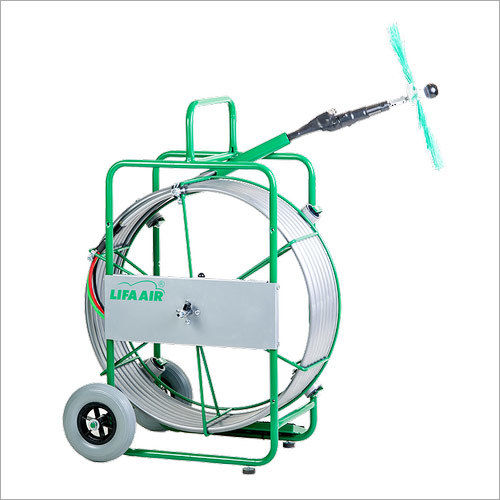
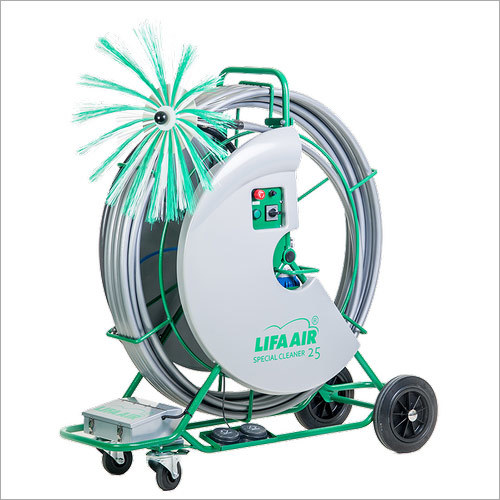
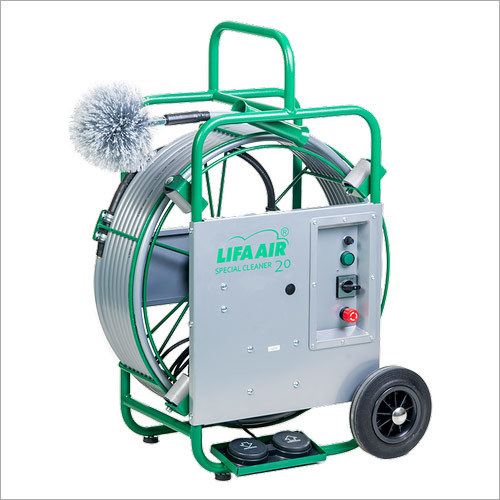
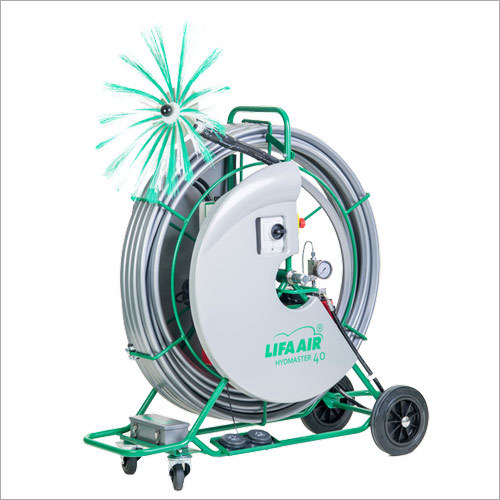
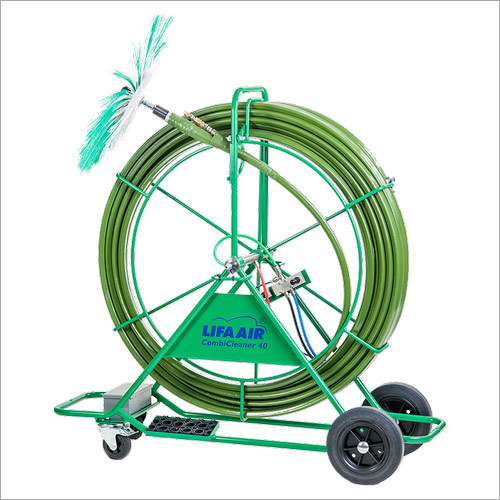
 Call Me Free
Call Me Free